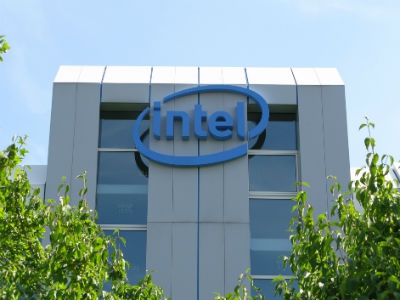William Luther and Josiah Olson have published a research paper in the Journal of Prices & Markets arguing that the cryptocurrency bitcoin, like memory, functions as a public record-keeping device.
The authors build on recent theoretical studies that treat money and memory as equivalents. In brief, the idea is that when humans lack perfect memory, they can use money instead. Authors suggest that bitcoin is a technology that combines a public record-keeping function and the ability to function as a means of exchange. Therefore, bitcoin provides an alternative to the social vehicle role that money has played in history.
Both money and memory are meant to facilitate exchange. Memory, moreover, is “a publicly observable (and instantaneously updated) record of past transactions that buyers and sellers can consult prior to transacting.” On the other hand, money “effectively functions by providing an observable record of past transactions—that is, agents can tell whether a potential trader is running a current deficit or surplus with society by looking at the money balances that trader is carrying”. Consequently, money is memory.
Luther and Olson then apply this theory to bitcoin. Bitcoin, too, facilitates exchange. Thanks to the public ledger, the bitcoin system stores all transactions and updates this information instantaneously. According to the theory of the money/memory balance in society, when the costs of money increase, memory is likely to be employed. This is what happened as the expected cost of storing money increased in the eurozone during the Cyprus bailout, the authors claim. As a result of the fiat currency crisis, some transactors seem to have turned to bitcoin and there was a surge in downloads for popular bitcoin apps. The price of bitcoin against dollar grew too.
Bitcoin is memory, the authors conclude.
The Journal of Prices & Markets, published by the Ludwig von Mises Institute of Canada, publishes articles on a variety of financial and economic questions in economy, politics, sociology, and psychology. Prices & Markets accepts contributions that provide insights into the application of economic principles to practical affairs. The journal has existed since January 2013.
The institute, named after one of the most notable economists and social philosophers of the twentieth century Ludwig von Mises, is an independent organisation with strong libertarian views that sees its mission primarily in educating the public on the importance of placing human choice at the center of economic theory.

















